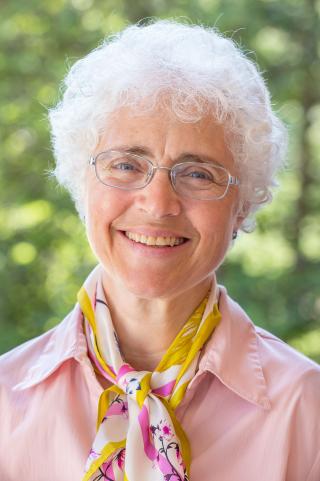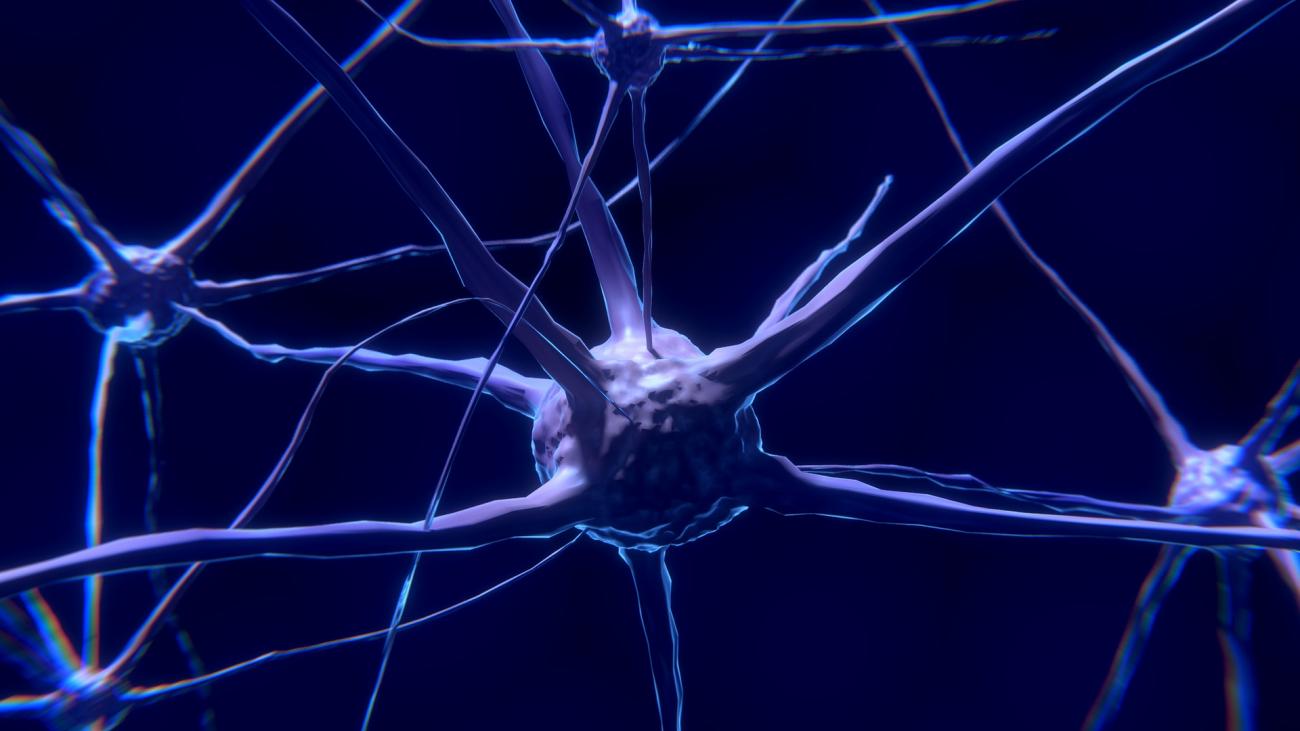I joined the faculty of the Department of Hearing and Speech Sciences in January of 2013. I study the neural processing of speech across the lifespan, with a particular interest in the effects of aging and hearing loss on central auditory processing. In addition, my research aims to define neuroplasticity in response to different forms of treatment, such as hearing aid amplification, cochlear implantation, and auditory training. I use electrophysiology as my primary research tool, but I also use perceptual and imaging assessment techniques in collaboration with other faculty. I am a faculty member of the Program in Neuroscience and Cognitive Science, the Center for Comparative and Evolutionary Biology of Hearing, and the Language Science Center.
Degrees
-
PhDCommunication Sciences and Disorders, Northwestern University
-
Au.D.Speech, Language & Hearing Sciences, University of Florida
-
MASpeech and Hearing Sciences, Indiana University
My lab is interested in neural processing of auditory input across the life span. In infants, we study the development of speech sound differentiation and the relationship between subcortical speech encoding and later language development. This information may lead to earlier identification and treatment of language-based learning impairments. In older adults, we are investigating the effects of aging and hearing loss on the ability to understand speech in complex environments. As we age, we begin to notice a gradual decrease in our ability to process incoming stimuli, in part due to slower speed of processing. These changes are exacerbated by hearing loss and deficits in cognitive abilities, such as memory and attention. The basic test of hearing thresholds does not accurately predict hearing in noise. We use electrophysiology assessment techniques to assess the brain’s ability to accurately encode the timing and frequency components of speech in humans. We also evaluate plasticity in the auditory brainstem and cortex in response to sensory deprivation, augmented hearing, and auditory training. The use of hearing aids or cochlear implants cannot compensate for imprecise neural speech encoding; therefore, it is important to consider other rehabilitation approaches that focus on the use of auditory and/or cognitive training to improve speech understanding. The information gained from our research should lead to better methods of identification and management of hearing difficulties in older adults.
Current Students
-
Grad Advisee Profile
-
Grad Advisee Profile
Former Students
-
Student NameAlessandro PresaccoCurrent PositionPost-doctoral fellow, Institute for Systems Research, University of Maryland




